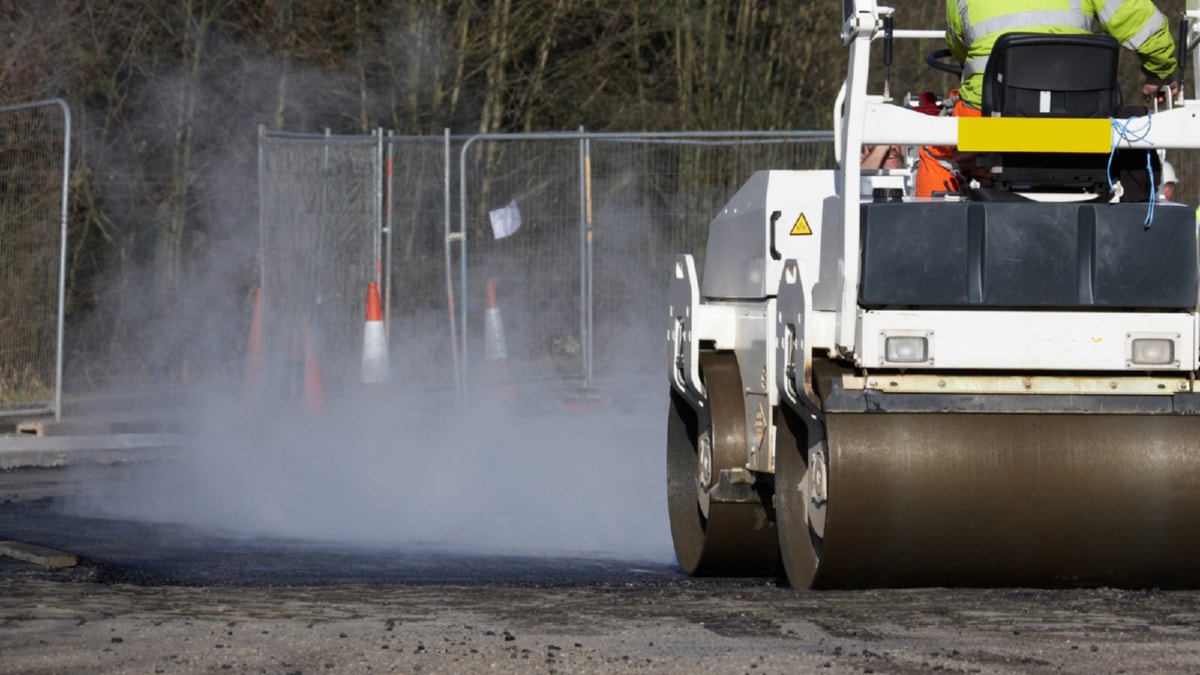The Unmissable Significance of Building Regulations in Construction
Construction regulations are an integral part of the construction industry. They set the baseline standards for the design, construction, and maintenance of buildings to ensure health, safety, and general welfare of the occupants. Understanding these codes is vital for any construction professional, not only to adhere to legal requirements but also to deliver quality work.
The primary purpose of building codes is to safeguard public health, safety, and general welfare as they relate to the construction and occupancy of buildings and structures. This covers everything from structural integrity and fire resistance to energy conservation and accessibility. Adhering to these codes ensures that the building will be safe for occupancy, and it will function as it was intended to.
However, understanding building codes is not just about meeting legal requirements. It’s also about upholding the quality and integrity of the construction project. By adhering to the building codes, contractors can ensure that their work is of the highest quality, and that it will stand the test of time. In other words, building codes are a benchmark for quality in the construction industry.
Furthermore, building codes are not static. They are continually updated and revised to reflect new technologies, materials, and construction methods. This means that construction professionals must stay updated with the latest changes to ensure that their work aligns with the current standards. Staying updated with the latest building codes can also provide a competitive edge, as it shows a commitment to quality and professionalism.
In conclusion, understanding and adhering to building codes is essential in the construction industry. They not only guarantee the safety and welfare of the building occupants, but also uphold the quality and integrity of the construction work. By keeping updated with the latest changes in the building codes, construction professionals can remain competitive and deliver work that is of the highest standards.
A Complete Roadmap for Orchestrating a Construction Project
Planning a construction project is a complicated task that requires meticulous attention to detail. From setting the project objectives to coordinating with various stakeholders, there are several aspects to consider. This guide will provide a comprehensive overview of how to plan a construction project effectively.
The first step in planning a construction project is to define the project objectives. This involves clarifying the project scope, budget, and timeline. It’s important to have clear objectives from the outset, as they establish the foundation for the entire project.
Once the objectives are set, the next step is to select the project team. This includes hiring contractors, architects, engineers, and other key personnel. It’s important to have a skilled and experienced team to guarantee the successful completion of the project.
Simultaneously, it’s important to create a project plan. This includes drafting a detailed schedule, budget, and risk management plan. The project plan serves as a roadmap for the entire project, guiding all the activities and decisions.
In conclusion, planning a construction project is a complex task that requires meticulous attention to detail. By setting clear objectives, forming a skilled project team, and developing a comprehensive project plan, you can ensure the successful completion of your construction project.
For more details, check best Asphalt Maintenance Services Quakertown or visit their Asphalt Maintenance business listing here.




